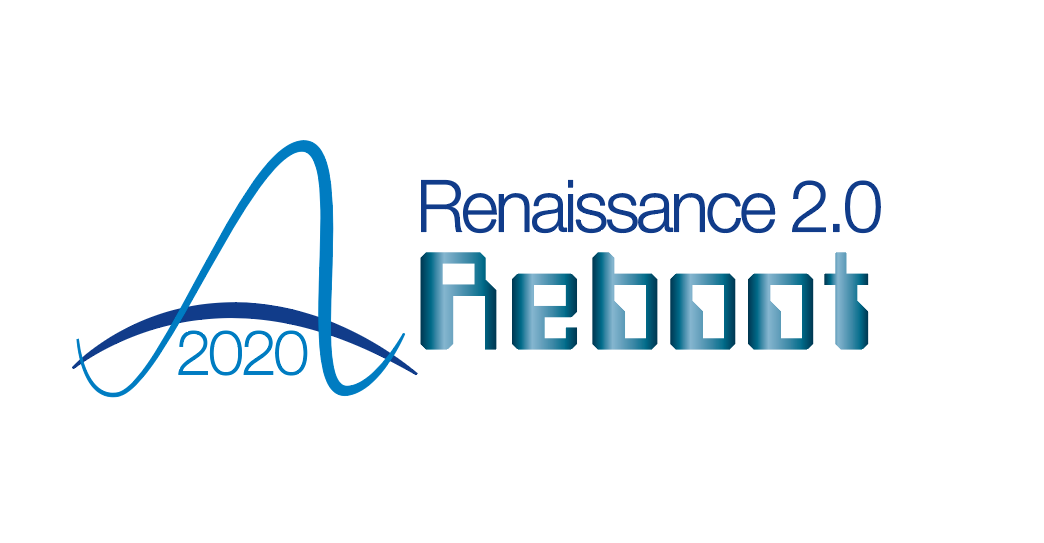A difficult privilege
24 July 2020

In some ways, COVID-19 hasn’t changed the role of NHS chief executive at all. All the old accountabilities are still there: the safety and quality of services; the care, management and leadership of staff; providing and maintaining a safe estate and for the prudent use of public funds; and the delivery of the NHS Constitutional Standards and local health improvement priorities.
In other words, if you’re a CEO, don’t look for the edges of your accountabilities; you are accountable for all of it.
In other ways, COVID-19 has changed everything. The pandemic has transformed just about every aspect of the NHS and it may have far-reaching consequences for how the service is structured, how funding flows and how NHS institutions are configured and governed.
In other words, many of those things that seemed stable and certain pre-COVID-19 seem much less so now. The government’s widely covered and much discussed planned review of the NHS has added to the sense of uncertainty and to the feeling that we are entering a period of significant change, yet again.
Speculating on change
The potential formalisation of the role of integrated care systems will be welcomed by many, but what this means to foundation trusts and their freedoms is far from clear, with some commentators noting that the FT regime is incompatible with an enhanced role for ICSs enshrined in statute.
CCGs may well be subsumed into ICS structures with the development of strategic commissioning, while transactional commissioning will become a provider responsibility. Without wanting to sound cynical, for those who have been around long enough it’s all rather reminiscent of the days of district health authorities that bit the dust in 2001/2 after the Shifting the Balance of Power white paper. All of this is to come and it’s probably best to resist the temptation to spend a lot of time on speculation. We’ll know soon enough.
In this context of the ongoing pandemic and continuing uncertainty about the future, where should NHS chief executives be focusing their efforts?
More collaboration, less competition
From our discussions with CEOs across the NHS, the answer seems to be to remain focused on existing accountabilities but to do so in ways that are more about collaboration and cooperation rather than competition and the pursuit of narrow institutional interests.
That’s easier said than done, of course. In our work with boards we see chief executives grappling with a dilemma. They want to work as a positive player in their local health and care system, with a focus on population health driving improvement and collaborating to deliver new service models and new ways of working across organisational boundaries, while also satisfying the requirements of regulators who retain an unrelenting focus on individual institutions.
There are no easy answers here and lots of unhelpful narratives about the illusory nature of board sovereignty and fiduciary duties. GGI’s view is that mature boards and chief executives recognise that population health has to take priority and that the tension with accountabilities for an institution are just another challenge to be managed and handled with intelligence and wit. And they hope that the regulatory regime will eventually catch up.
A new breed of CEO
GGI is seeing a new breed of chief executives emerging who have not grown up in a competitive, bigger-is-better, grow-or-die culture and who are predisposed to working with others with a common purpose and spirit of collaboration. In truth, many successful chief executives have always worked in this way and have understood that working in partnership is in fact harder than competing and treating other organisations as a threat.
Questions for boards
Here are a few questions boards might like to ponder:
- How can we support our chief executive to strike the right balance in collaborating for population health and satisfying the regulatory regime?
- Do we as a board present as sufficiently interested in health improvement for the population we serve and is our strategy sufficiently aligned with the wider health and care system?
- What potential trade-offs between the interests of our institution and those of the wider system are we prepared to accept?
- What is our risk appetite for system working?
- Does our succession planning take sufficient account of what we know about the likely shape of the NHS in the future and the experience, skills and aptitudes that will be needed to be successful?
Being a chief executive is a difficult job. It is also a privilege. All chief executives deserve the support of their boards. They also deserve their scrutiny and constructive challenge.
If this bulletin prompts any questions or comments, please call us on 07732 681120 or email advice@good-governance.org.uk
Darren Grayson
Executive Director
(Partner)
